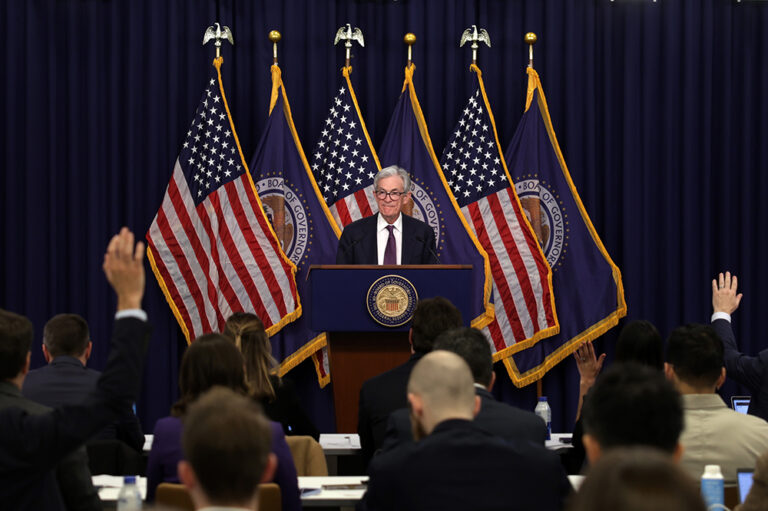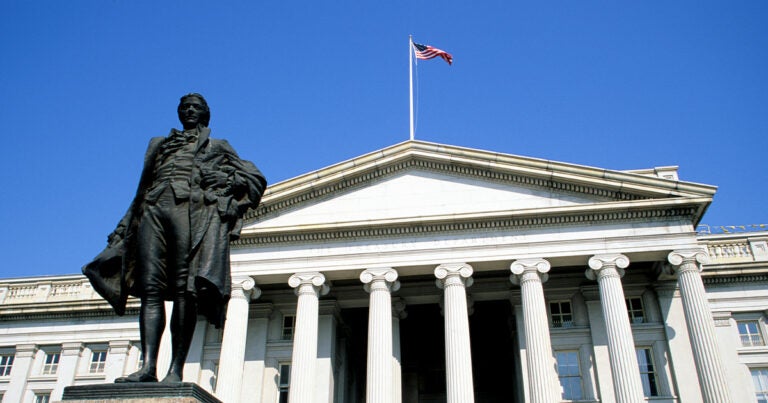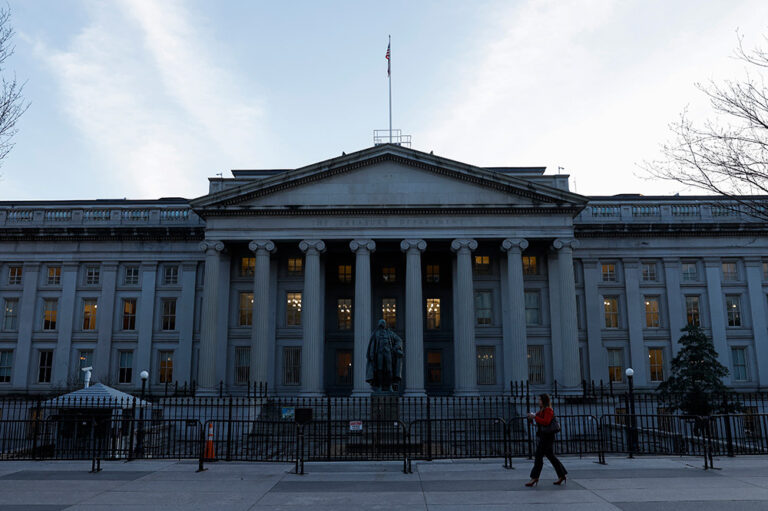As the Biden administration and a bipartisan group lawmakers discuss a range of infrastructure investments, vast majorities of voters — including Democrats and Republicans — are calling on leaders to pay for their priorities.
A new Peterson Foundation poll finds significant support for fiscal responsibility as President Biden and a bipartisan group of Senators discuss a roughly trillion-dollar infrastructure framework — and as lawmakers also look ahead to a potential reconciliation bill that would include additional components of the $2.6 trillion American Jobs Plan outlined in March by the Biden administration.
Nine in 10 voters want federal infrastructure plans to be paid for with offsets, including clearly identified spending cuts or revenue raisers, according to the national survey completed from June 22 to June 24 by Democratic firm Global Strategy Group and Republican firm North Star Opinion Research. That result holds true as important for 86% of Democrats, 87% of independents, and 95% of Republicans.
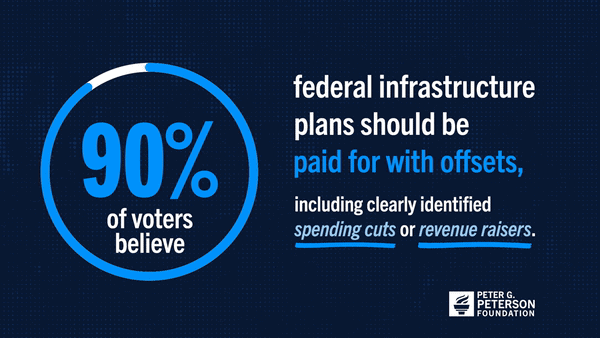
The new poll clearly shows that voters want lawmakers to make good on their promises to fully fund infrastructure investments. Seventy percent of Americans do not want a federal infrastructure bill to be passed if it increases the national debt, including 59% of Democrats, 66% of independents and 84% of Republicans.
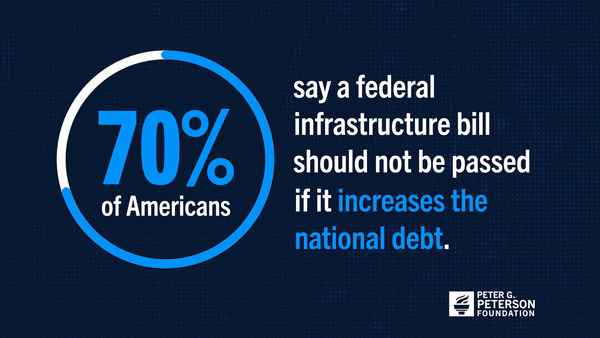
Image credit: Photo by Steven Hayes / EyeEm / Getty Images
Further Reading
The Fed Reduced the Short-Term Rate Again, but Interest Costs Remain High
High interest rates on U.S. Treasury securities increase the federal government’s borrowing costs.
What Types of Securities Does the Treasury Issue?
Let’s take a closer look at a few key characteristics of Treasury borrowing that can affect its budgetary cost.
Quarterly Treasury Refunding Statement: Borrowing Up Year Over Year
Key highlights from the most recent Quarterly Refunding include an increase in anticipated borrowing of $158 billion compared to the same period in the previous year.
